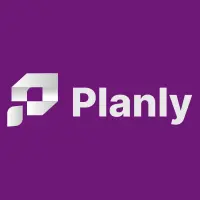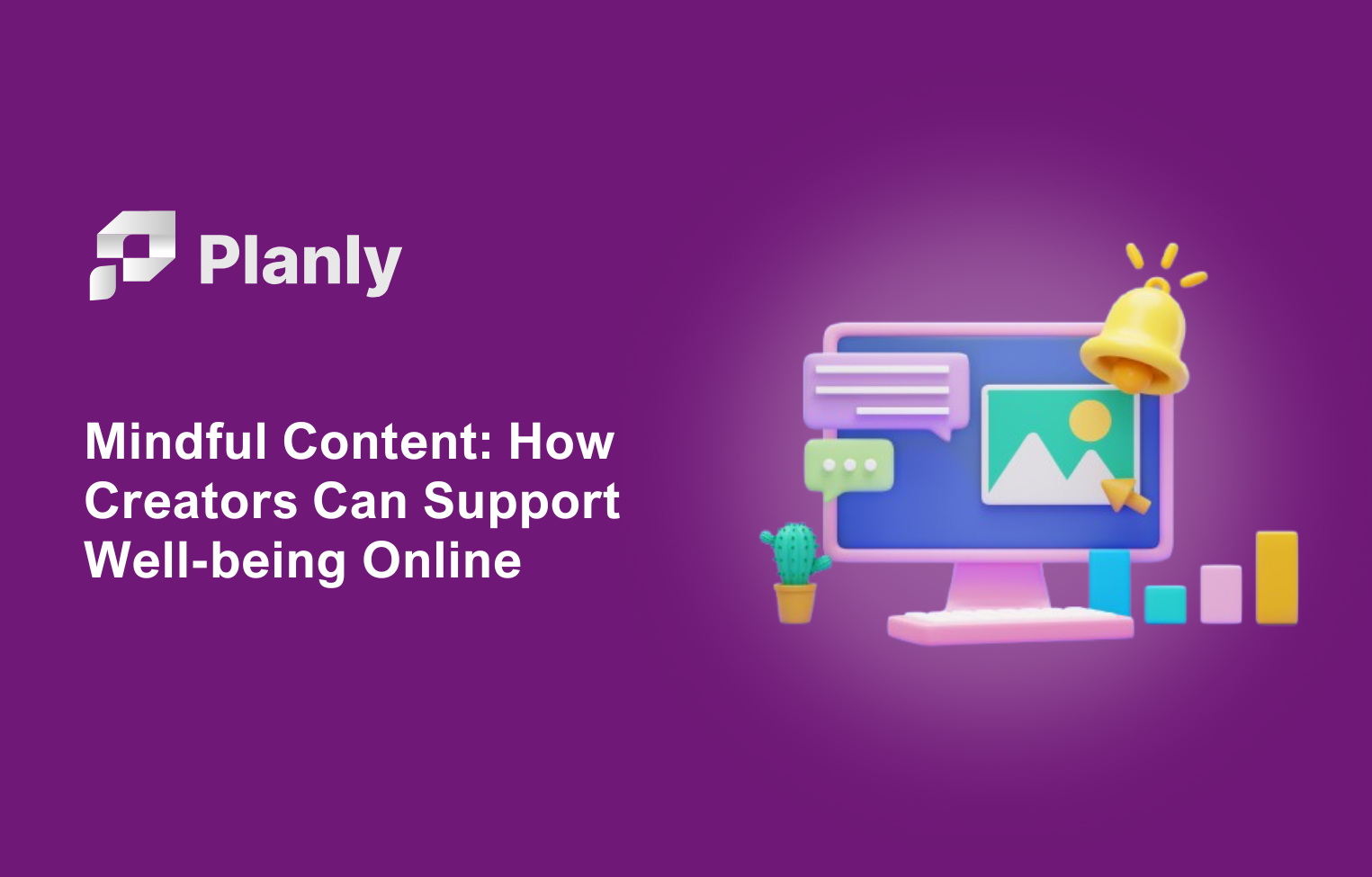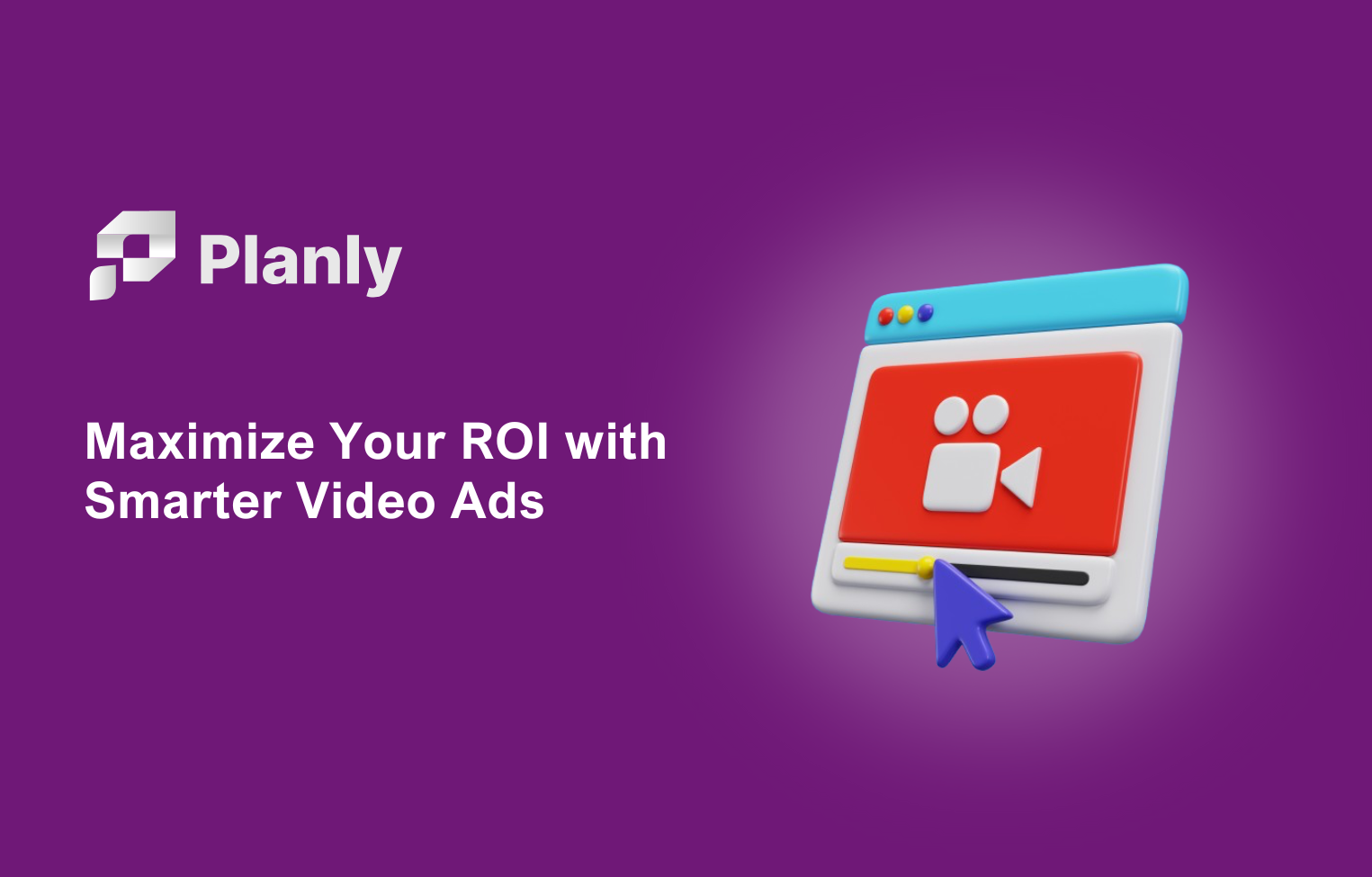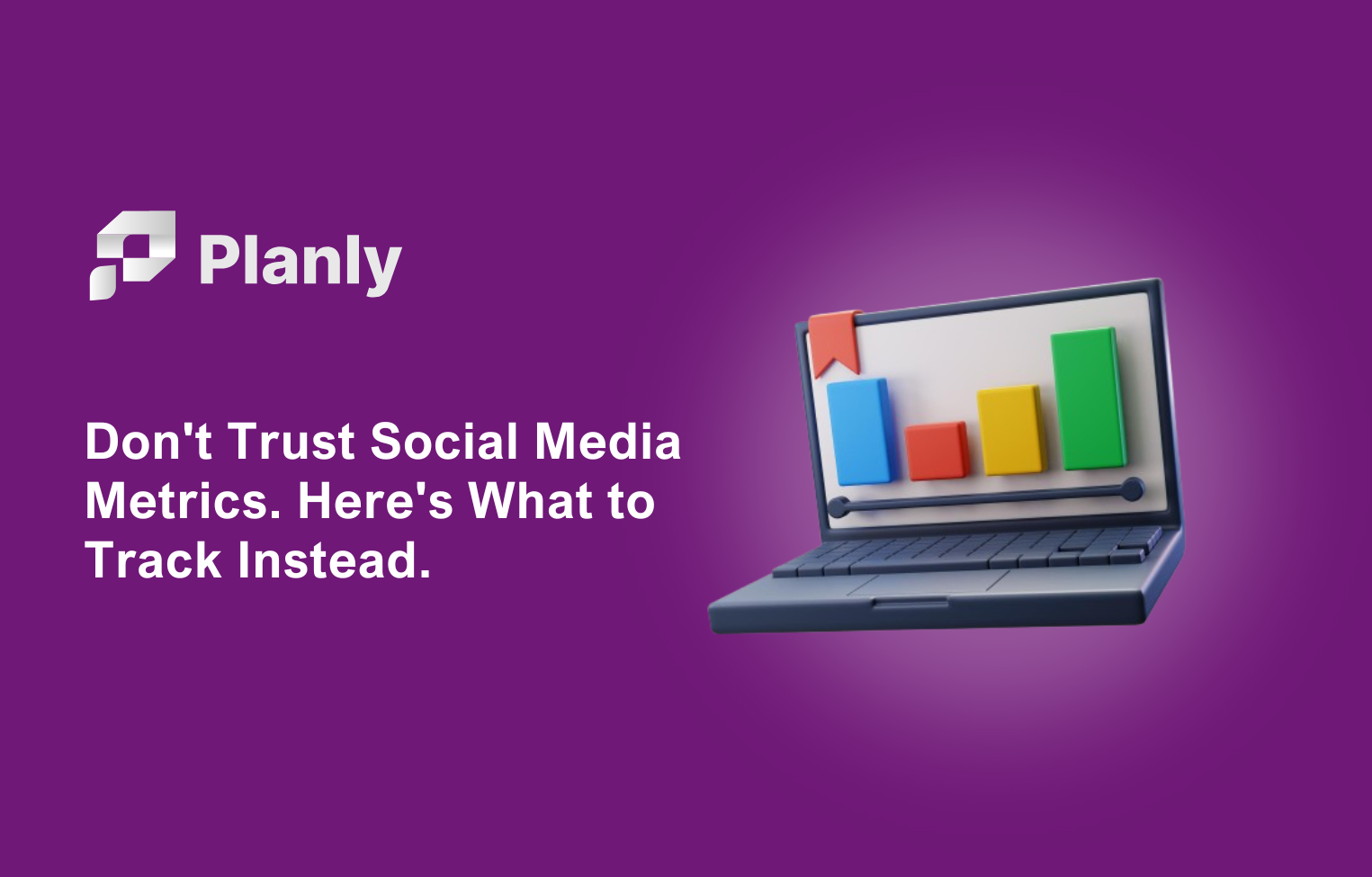Feeling overwhelmed by the endless scroll and constant notifications? You're not alone! Where over 4.5 billion people use social media, staying productive can feel like chasing a moving target. But guess what? I've discovered some game-changing productivity hacks that have transformed the way I navigate the social media maze. Ready to dive in and reclaim your time? Let's get started!
1. Leverage Advanced Scheduling Tools
To maximize your social media efficiency, automation is key. Tools like Planly allow you to schedule posts in advance, ensuring that your content reaches the right audience at peak times—even when you're not online. Here’s how:
- Automate Posting: Use Buffer and Hootsuite for automated posting across multiple platforms.
- Maximize Engagement: Schedule posts during peak times identified by analytics to increase your reach.
- Bulk Scheduling: Plan and schedule weeks of content at a time to eliminate daily manual work.
These features not only free up time but also maintain consistency in posting, which is crucial for keeping your audience engaged.
Social media automation and content scheduling tools like Planly can help you improve efficiency by managing posts across multiple platforms seamlessly.
2. Implement Content Calendars
A comprehensive content calendar can be the backbone of a successful social media strategy. Not only does it help organize your ideas, but it also ensures you're capitalizing on the right moments.
- Align Posts with Events: Schedule content around holidays, awareness days, or trending events. This will help keep your brand relevant.
- Team Collaboration: Tools like Trello or Asana are perfect for working with team members, allowing everyone to contribute to the content calendar seamlessly.
- Reduce Stress: A good content calendar means fewer last-minute scrambles for ideas—your roadmap is already set!
Using a well-planned content calendar as part of your social media strategy can enhance time management and ensure your brand stays consistent.
3. Utilize AI-Powered Analytics
Let’s be honest—data is power. Leveraging AI analytics can turn your social media game from guesswork into a science.
- Audience Insights: Tools like Sprout Social and Brandwatch provide valuable AI-driven audience insights that help identify what content works best.
- Optimal Posting Times: Machine learning algorithms can help predict the best times to post, based on historical engagement data.
- Real-Time Adjustments: Track content performance and use AI to recommend real-time tweaks for better engagement.
AI analytics and engagement metrics are critical components of a social media optimization strategy.
4. Batch Create and Repurpose Content
To streamline your productivity, batch creation is a life-saver.
- Focus Days: Dedicate one or two days each week solely to creating content. This lets you enter a creative flow state without interruption.
- Repurpose Like a Pro: Transform long-form content into multiple formats. For instance, turn blog posts into infographics, videos, or podcasts. This maximizes the reach of every piece.
- Quick Tools: Tools like Canva and Adobe Spark can make repurposing content much quicker, enabling you to reach different segments of your audience in a variety of formats.
Content creation and repurposing can significantly boost audience engagement and help build an impactful content strategy.
5. Automate Routine Engagements
While human engagement is irreplaceable, automation can take care of repetitive interactions.
- Chatbots: Use ManyChat to handle basic queries, answer FAQs, and even provide recommendations to customers instantly.
- Welcome Messages: Automate introductory messages for new followers or customers, making them feel immediately valued.
- Auto-Monitor Mentions: Set up automation to track and respond to mentions of your brand so that you don’t miss important conversations.
Automation tools play an essential role in streamlining social media management and driving effective branding strategies.
6. Master Keyboard Shortcuts and Templates
Speed is key when managing multiple platforms.
- Text Expanders: Tools like TextExpander allow you to create shortcuts for frequently used responses, making your interaction lightning-fast.
- Canned Responses: Pre-written replies for FAQs can help you maintain quality, speed, and tone consistency.
- Platform Shortcuts: Learn keyboard shortcuts for platforms like Facebook Business Suite or Twitter. Faster navigation means less time spent on repetitive actions.
This approach not only enhances productivity but also supports consistent social media best practices.
7. Outsource Non-Core Activities
Free up your time by outsourcing tasks that don't need your direct attention.
- Freelancers: Use platforms like Upwork or Fiverr to find experts who can handle non-core activities like graphic design, video editing, or even copywriting.
- Focus on Strategy: This will allow you to spend more time on high-impact activities such as strategy, campaign planning, and relationship building.
Outsourcing supports efficient workflow optimization and allows you to focus on strategic marketing automation.
8. Employ Social Listening Tools
Understanding what people are saying about your brand is vital to managing your reputation.
- Monitor Conversations: Tools like Brandwatch or Mention can keep track of what people say about your brand or industry, giving you insights into trends.
- Stay Ahead of Trends: Detect opportunities to join conversations and gain visibility by engaging at the right moment.
- Proactive Engagement: Proactively jump into discussions or threads where your brand is mentioned to add value.
Social listening and using audience insights can significantly impact your online presence and help shape better engagement strategies.
9. Integrate Third-Party Apps and Extensions
Automation is great, but integrations make things magical.
- Zapier Automations: Link platforms through Zapier to automate workflows, like connecting Instagram leads to a CRM.
- Browser Extensions: Use Chrome extensions for quick social sharing and productivity (e.g., Buffer's extension for instant scheduling).
- CRM Syncing: Integrate your CRM with your social accounts to have all audience data in one place, enhancing personalized communication.
Platform integration and automation workflows are critical to developing a cohesive digital footprint.
10. Prioritize Platforms Using the 80/20 Rule
Not all platforms will give you the same ROI.
- Identify Top Performers: Pinpoint the platforms that generate 80% of your engagement, and focus your time and energy there.
- Minimize or Drop Low ROI Channels: If a platform is not driving value, consider dropping it or maintaining a minimal presence.
Effective social media strategy involves focusing on social media platforms that drive the highest social media ROI.
11. Schedule Digital Detox Periods
Maintaining mental clarity and creativity is just as important as managing content.
- Plan Downtime: Use apps like Freedom to block access to social media during planned "detox" periods.
- Avoid Burnout: Taking regular breaks helps maintain productivity and keeps creative juices flowing.
- Return with Clarity: A digital detox lets you return with fresh perspectives, improving content quality.
Digital detox practices can significantly improve productivity and contribute to long-term audience growth.
12. Stay Updated with Platform Algorithm Changes
Social platforms are always changing, and staying up-to-date is essential.
- Official Blogs: Follow Facebook, Instagram, and LinkedIn official blogs to stay informed.
- Adapt Strategies: Keep adjusting your approach based on recent updates, such as algorithm changes or new features.
- Leverage New Features Early: Embrace new platform features like Reels or Stories early on, as these often get algorithm boosts.
Adapting to social media trends keeps your social media campaigns fresh and effective.
13. Create and Use Hashtag Libraries
Hashtags are a powerful way to increase your reach, but they need to be done right.
- Build Campaign-Specific Libraries: Create hashtag sets for different types of campaigns (e.g., product launches, engagement drives).
- Use Research Tools: Tools like Hashtagify can help discover trending hashtags related to your niche.
- Rotate Hashtags: Avoid using the same set of hashtags repetitively, as this could lead to shadowbanning.
An effective hashtag strategy boosts visibility and strengthens your social media campaigns.
14. Implement Collaborative Tools
Social media management is rarely a one-person job. Use collaborative tools to keep everyone on the same page.
- Team Communication: Use Slack or Microsoft Teams for instant messaging and feedback.
- Document Collaboration: Google Workspace is excellent for collaboratively drafting copy or planning campaigns.
- Keep Everyone Aligned: Real-time feedback and updates ensure the team works cohesively.
Collaboration tools are essential for successful social media planning and maintaining consistency across teams.
15. Continuously Analyze and Optimize
Nothing is ever "done" in social media—optimization is ongoing.
- Review Metrics Regularly: Use insights from tools like Google Analytics or Facebook Insights to measure performance.
- A/B Testing: Experiment with different content formats, images, and captions to see what works best.
- Adapt Based on Data: Data-driven decisions are key to staying relevant and ensuring you get the most out of your campaigns.
Regular analysis and optimization are crucial for effective content marketing and ensuring engagement rates remain high.
Conclusion:
There you have it—15 advanced hacks to elevate your social media game in 2025! By integrating these productivity strategies, not only will you save precious time, but you'll also see a significant boost in engagement and reach. Remember, the key is to work smarter, not harder. So why wait? Start implementing these hacks today and watch your online presence soar!








